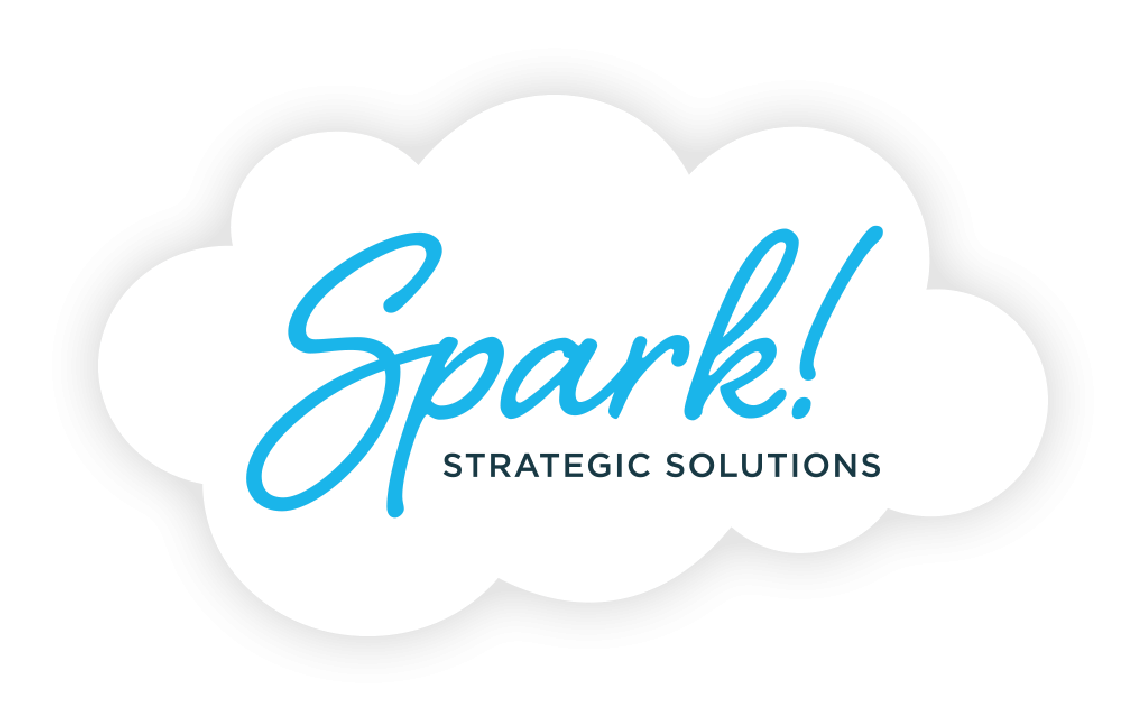
In today's fast-paced business environment, decision-making is a critical aspect of success. Leaders are tasked with making decisions that drive their organizations forward while mitigating risks and staying true to their values. However, decision-making can be challenging, especially when it comes to implementing new strategies or policies that deviate from the norm. One such strategy is the four-day workweek, which has been gaining popularity in recent years as a way to boost productivity and employee satisfaction.
At Spark!, we got curious, are business leaders effectively using data to make decisions about this approach?
Let’s be clear, we’re not advocating for a four-day workweek here. However, this study challenges the conventional wisdom that long hours equal greater productivity. It suggests that working fewer hours can actually increase productivity, and it raises important questions about how business leaders are using data to make decisions for their teams.
A recent study conducted by
4 Day Week Global included data from nearly 3,000 employees at 61 U.K. companies as they trialed a four-day workweek for 6 months. The results were stunning:
- Of the 61 pilot companies, 56 said they would continue with a shortened work week after the pilot, 18 of which said the shift would be permanent.
- Companies revenue stayed “broadly the same” during the trial, but rose 35% when compared with similar periods from years past, an approximate 1.4% increase.
- 39% of employees reported less stress, and 71% reported reduced levels of burnout following the trial.
- 54% of employees said they had an easier time achieving work-life balance.
- Resignations decreased by 57%.
As humans, we tend to look for information that confirms our pre-existing beliefs, and we often ignore information that contradicts them. This is called
confirmation bias, and it occurs deep in our subconscious where we don’t even notice it. This can lead to decisions that are based on incomplete or biased information, and it can lead to overlooking potentially valuable data that could help in making better-informed decisions.
Cognitive dissonance occurs when there is a conflict between a person's beliefs and their actions. In the case of the four-day workweek, business leaders may be hesitant to implement it due to a belief that long hours equate to increased productivity. It may seem counterintuitive to established workplace practices, but this recent data seems to indicate shorter work weeks actually lead to higher productivity and employee satisfaction. By ignoring data that contradicts pre-existing beliefs, business leaders could be missing opportunities for successful growth.
Exhibiting confirmation bias and cognitive dissonance doesn’t make you a bad person, though. It makes you human. It’s up to us as individuals to recognize our behaviors and adjust them as necessary. This means checking in with ourselves,
identifying how we feel in the moment, and working to separate ourselves from the negative FADSS (Fear, Anger, Disgust, Sadness, Schadenfreude) energy.
By incorporating Human-Centered YOUnity™ into decision-making, we use a holistic understanding of our situation and examine the best possible course of action for us, our team, and our communities.
Empty space, drag to resize



